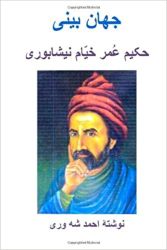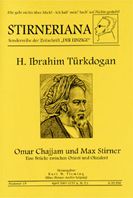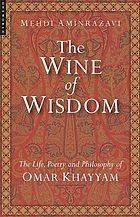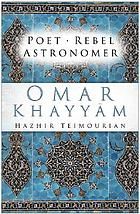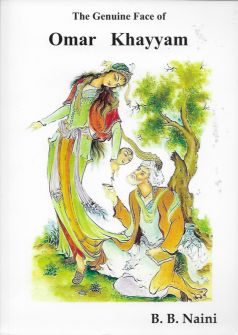Study of Socratic Irony and Romantic Irony in Khayyam, Abol-ala and Schopenhauer’s Quatrains. Ahmad Forouzanfar, Shahla Khalilollahi, Maryam Mousavi.
In: International Journal of Applied Linguistics & English Literature, Sept. 2019. Pp. 72-76.
Summary:
In this article we are determined to review Socratic irony, romantic and ironic structures of Khayyam’s quatrains and the ones attributed to him and explain the place of Khayyam as an ironist among other thinkers of the world, according to the meaning of romantic irony and Socratic irony in his quatrains.
